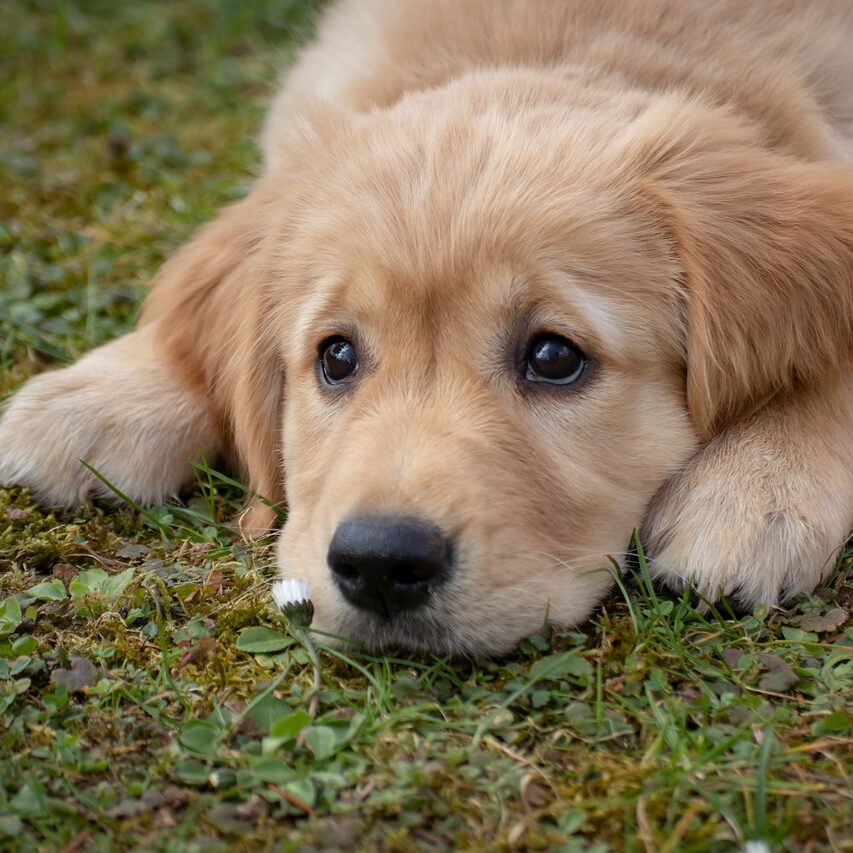Folks are always asking about what can go into vermicompost systems. The short answer is, if it will rot, it will rot in your vermicompost system. Many people ask if pest waste can be disposed of in a vermicompost system. It turns out that the answer is yes – Dog poop can indeed be processed by composting. Vermicomposting uses worms to break down organic matter and create a rich compost that can be used as a natural fertilizer.
A friend recently put this to the test by tossing most of his dog poop in a basic backyard composter containing red worms, in warmer times of the year, which quickly converted it into rich compost.
Potential challenges with vermicomposting dog poop

It’s important to consider risks involved in vermicomposting dog poo (or that of any carnivore, actually). It may contain parasites and other harmful bacteria, that are of particular concern when applied to plants grown for food or areas where children or pets will be in direct contact.
While there is evidence that the vermicompost process can destroy pathogens in human feces, there’s no guarantee that all waste materials will end up passing through the digestive system of the worms. I would exercise serious caution in using the vermicompost from this system in growing anything that will be used as a food (ie. vegetable garden or yard with grazing pets), or have children playing in it (ie. yard).
Ways to minimize risks of using vermicompost made using dog poop
Fortunately, there are steps you can take to ensure a more successful outcome for your project. Mixing dog poop with absorbent, carbon-rich bedding materials before feeding it to the worms will help them break down more quickly and safely. It’s also recommended that material should stay in a vermicomposting system for at least 60 days to help ensure breakdown of any pathogens. Ideally, the product of such a system would be tested regularly to ensure no disease organisms were present in the finished compost.
Ultimately, when including dog poop or any other pet waste in a vermicompost system, starting small and making changes slowly and cautiously will improve your chances of success with this type of project!
If you are new to vermicomposting, check my blog post series on the basics of how to vermicompost starting HERE.
Don’t forget to follow Worm Wrangler on Facebook and Instagram for the latest from Worm Wrangler and more helpful tips and tricks! Thanks for stopping by!
